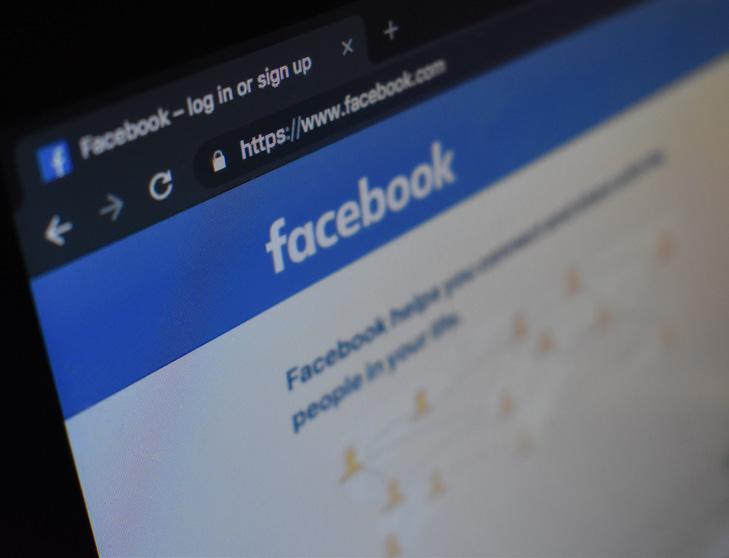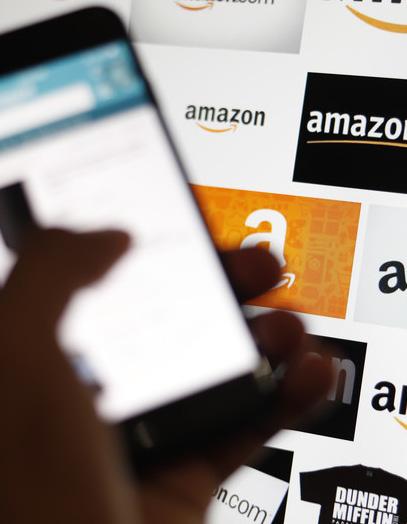
3 minute read
Corporate boycotts expose an inconvenient truth
Corporate DispatchPro
JOHN FOLEY VIA REUTERS BREAKINGVIEWS
Corporate boycotts expose an inconvenient truth
Boycotts can really work. Think of what happened to the Montgomery city transit system in Alabama in 1955, when Black passengers stopped taking buses for over a year to protest racial segregation. Or its British counterpart in Bristol eight years later, triggered by the local transport company’s refusal to hire Black workers. Both shared a similar recipe: large numbers of customers willing to make short-term sacrifices, and businesses that couldn’t function without the cash they provided.
What about when companies boycott each other? Something like that is happening to Facebook. Advertisers are threatening to pull their spending for July from the $670 billion social network because they say it’s not doing enough to remove racist content. Unileverowned ice cream brand Ben & Jerry’s, and fashionable outfitters The North Face and Patagonia, are among those who have joined the “Stop Hate for Profit” movement, triggered by protests over racial injustice and police brutality. Verizon Communications, the $225 billion U.S. telecom group, “paused” its spending with Facebook on Thursday.
It’s tempting to think the spirit of Montgomery has revived in Menlo Park, California, where Facebook resides, and that racial justice has rocketed to the top of corporate board agendas. But it hasn’t, much as chief executives might love to argue otherwise. Corporate assaults like this are at best an inconvenience for a company like Facebook – and at worst, they are a marketing opportunity for the companies who participate, that distract from efforts that can effectively drive change.


Company-on-company boycotts face big problems. Not many brands can really abandon a social network that accounts for perhaps one-fifth of global digital advertising. Sure, they don’t want to appear next to hateful content – but there are other, less public ways around that. Advertisers can ask not to appear next to certain keywords, which have in the past included “protest”, “gay,” “fat” and – in one recent case reported by Vice Media this week – “Black people.”
The idea that self-interest prevails shouldn’t be surprising. Most companies aren’t wired to be moral, or to create social change that hurts their profitability. Executives and boards have a responsibility – often legally enshrined – to shareholders first and foremost. Verizon, the biggest name to suspend advertising with Facebook, was one of several large companies that pulled ads from Alphabetowned video platform YouTube in 2017. It returned once it could better control where on the site its ads would run.
Besides, capitalism has its own problems with race. Of the personal wealth tied up in company shares in 2016, only 3% was held by black households, according to Federal Reserve and U.S. Census Bureau data – and those households had only 2% of the wealth held in mutual funds that buy stocks and bonds. Since 2015, big American companies including Facebook, Citigroup, Apple and Starbucks have faced 60 shareholder votes challenging them to disclose more on diversity or toughen up their policies, based on data gatherer Proxy Monitor’s tally. All but two have failed.
Corporate DispatchPro

There are two exceptions to all of this. One is companies where the boss has an unusually free hand. That would include JPMorgan boss Jamie Dimon, who took the knee for a strategic photo opportunity outside a bank vault, or Patagonia’s billionaire owner Yvon Chouinard. It might also include Ben & Jerry’s, which is part of Unilever but has considerable autonomy. For some brands – especially those like The North Face that target the affluent – not advertising may even be a way to sell more, and at higher prices.
The other counterexample is Facebook itself. The company’s $60 billion of cash and cash-like investments are easily enough to cover its operating expenses for a full year, so even losing some revenue is no disaster. It’s so dominant that there’s really nowhere else for users of its products to go. More importantly, Chief Executive Mark Zuckerberg’s prodigious wealth, and his majority voting stake, mean he need not worry about what other investors think if doing so interferes with his grand vision of creating a growing online community.
That makes Facebook a terrible target for boycotts by companies. Then again, it also means that if Zuckerberg himself ever decides to turn activist, his company would be a force to be reckoned with.





